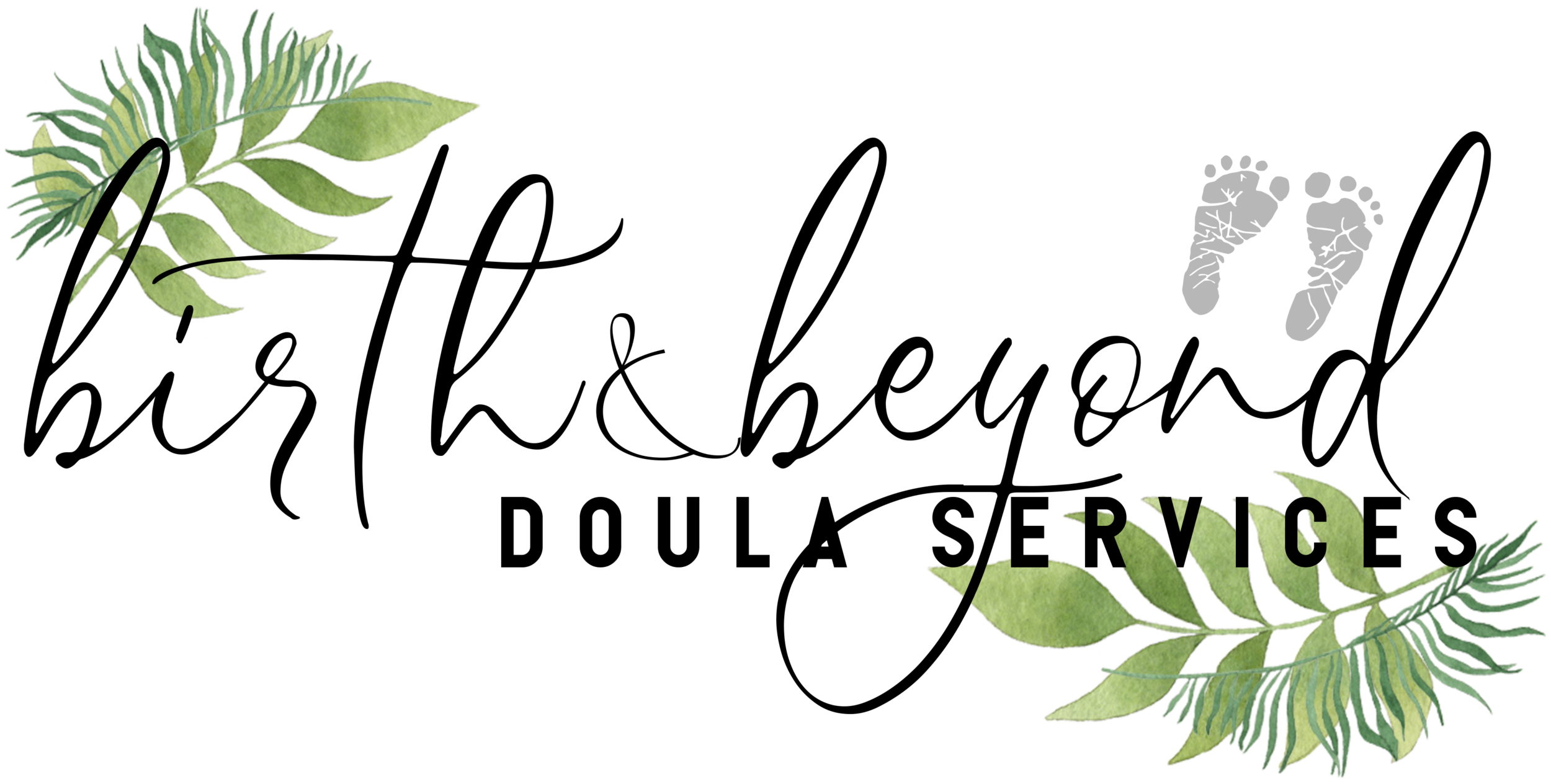There’s no doubt about it: being a parent is the most demanding job in the world. While there’s no single guide that can answer every question parents might have about raising and caring for their children, it always helps to have a few resources handy. If you’re always looking for extra tips and resources to help you navigate childhood, check out this list of helpful parenting links for every age.
Read MoreAs a birth doula, one of the main things I recommend to my clients is to find a chiropractor. I’ll be honest…when I was young, I thought chiropractors were quacks. I got into a really terrible car accident at 16 years old, and I went through all the traditional methods of fixing my back, hip, and knee. While the more traditional treatments provided some temporary relief, it wasn’t until I saw a chiropractor that I felt back to normal again...permanently. But, enough about me … chiropractic care in pregnancy is a must!
Read MoreBecoming a parent these days isn’t much easier than it was fifty years ago, but we do have more advantages when it comes to resources and help. In addition to the indispensable assistance from your partner, family, friends, and postpartum doula, there are several apps on the market now that can help you feed, clothe, diaper, and diagnose your baby with the push of a button, saving you time and money as well as a lot of worry. From keeping track of how many wet diapers your baby has to making sure everyone stays fed, there are tons of apps out there that you can utilize for your whole family’s postpartum needs. Here are some of the best ones to try, plus tips on how to make the most of them.
Read MoreYou may have spent 10-16 hours in a childbirth education class learning all about your options for childbirth. You might even learn a little bit about the postpartum period and infant feeding. You’ll be told “planning is important”, and “being flexible” is even more important. You might even get a birth plan template that asks you questions like:
-Would you like intermittent or continuous fetal monitoring?
-What position would you like to push in?
-Are you giving your baby Vitamin K and antibiotic eye ointment?
-What is your preferred feeding method?
But rarely does it ask what your plan is for your placenta…
Read More
You learn all about what to expect during pregnancy, labor, and childbirth – but why does no one talk about the fourth trimester and the physical changes that happen during the immediate postpartum period? Whether you’ve had a vaginal birth or a cesarean birth, you will experience some degree of postpartum bleeding, also called lochia.
Read MoreHaving perineal pain during your postpartum period is common. Tenderness and soreness are the two main descriptor words I hear my postpartum doula clients use. Luckily, there are things that you can do at home to ease this tenderness and soreness as your body begins to recover and heal from birth.
Read MoreThere are so many options of where to give birth in the Triangle: NC Women’s Hospital in Chapel Hill (UNC), UNC/Rex Hospital in Raleigh, WakeMed in Cary, WakeMed on New Bern Avenue in Raleigh, WakeMed on Falls of Neuse Road in Raleigh, Women’s Birth and Wellness Center in Chapel Hill, Duke University Hospital in Durham, Duke Regional in Durham, etc.
If you are planning on taking your placenta home for placenta encapsulation, or for other reasons there are a few things to keep in mind. Placenta encapsulation and placenta consumption are not super common, so care providers and hospitals may try to sway you from taking it home. Policies vary depending on who you birth with and where you birth.
Here are 5 quick tips to remember when taking your placenta home from the hospital, especially if you plan to encapsulate it:
Read More“My care provider told me that I can’t consume my placenta.” A phrase I hear all too often. The reality is, placenta encapsulation and consumption isn’t standard practice and it never will be – so care providers are confused by it, and often want to discourage you from consuming your placenta.
I’d be a terrible placenta encapsulation specialist if I told you placenta consumption was for everyone and that there are absolutely no contraindications. I’d also be a liar, and that’s one thing I’m not! I’d like to note one thing: it is illegal in all 50 states to prevent a parent from bringing home their placenta. Now onto contraindications…
Read More
We get it. Newborns are fantastic creatures. They’re sweet, snuggly, and they smell brand new. They don’t talk back, and they have the cutest facial expressions. It is completely understandable that you want to have all the baby snuggles you can when a family member or friend has a tiny human. Sorry to burst your bubble – buuuut, when a close person has a new baby, it’s not about you. Sure, have all the baby snuggles you want (with permission) …but, make sure to follow these 10 rules:
Read MoreWhat is a postpartum doula? A calming and easy to get comfortable with companion, your postpartum doula helps with infant and childcare, meal preparation, makes sure you’re getting enough rest, keeps up on light housekeeping, and even offers breastfeeding or bottle feeding advice if you want it. The list of tasks within her scope are very broad, kind of like a fantasy-best-friend-slash-dream-mother-in-law who comes to look after you and your family—minus all that friends and family opinions and judgment.
But there’s more…
Read MorePlacenta Encapsulation has become all the rage among families all over North America and with good reason! The anecdotal benefits of consuming your placenta are pretty impressive. Reports of celebrities like the Kardashians and January Jones having their placentas made into capsules has increased the popularity of this once underground practice.
Read MoreHere’s a topic that stinks. Poop. More specifically, the first poop after you give birth. You have questions and you don’t know who or how to ask. What’s that first bowel movement after birth really like? Will it feel like giving birth again? Will I need to be sedated? Can I be sedated? We have yet to meet a doctor or midwife who will sedate you for your first poop after birth, BTW, but we’ll keep looking. Many Raleigh moms dread the idea of going number two after vaginal birth and for good reason! Your entire bottom may feel raw and the thought of popping a stitch while sitting on the toilet isn’t exactly our idea of a good time either.
Read MoreChoosing a Raleigh postpartum professional to support your family through the early weeks of transitioning into parenthood can be a daunting task. Google searches, friendly recommendations, phone calls, and interviews. But how will you know which postpartum doula is the right postpartum doula?
Read MoreYou may have heard of Bengkunk Belly Binding, a Malaysian tradition of wrapping the abdominal area after childbirth. This traditional practice has mental, emotional, spiritual, and physical benefits that can assist with postpartum recovery and healing. This is a time-tested way to journey back towards your pre-baby body, while also making sure you are healing naturally and comfortably.
Read MoreWhether planned or emergent, recovering from abdominal surgery, like a cesarean section, is no joke (as you’ll find out the first time someone makes you laugh). It will be about 6 weeks before your incision heals but you’ll start feeling like your old self before that. Getting the rest and care you need will ensure your recovery is smooth. You will need extra support during this time.
Read MoreYour placenta. An incredible organ that has nourished your baby and sustained your pregnancy for many months. The filter, barrier, and connection between mother and child. Oxygen was delivered, hormones were produced, and nourishment was given. But once your baby is born, the placenta’s work will be complete, or will it?
Read More



















